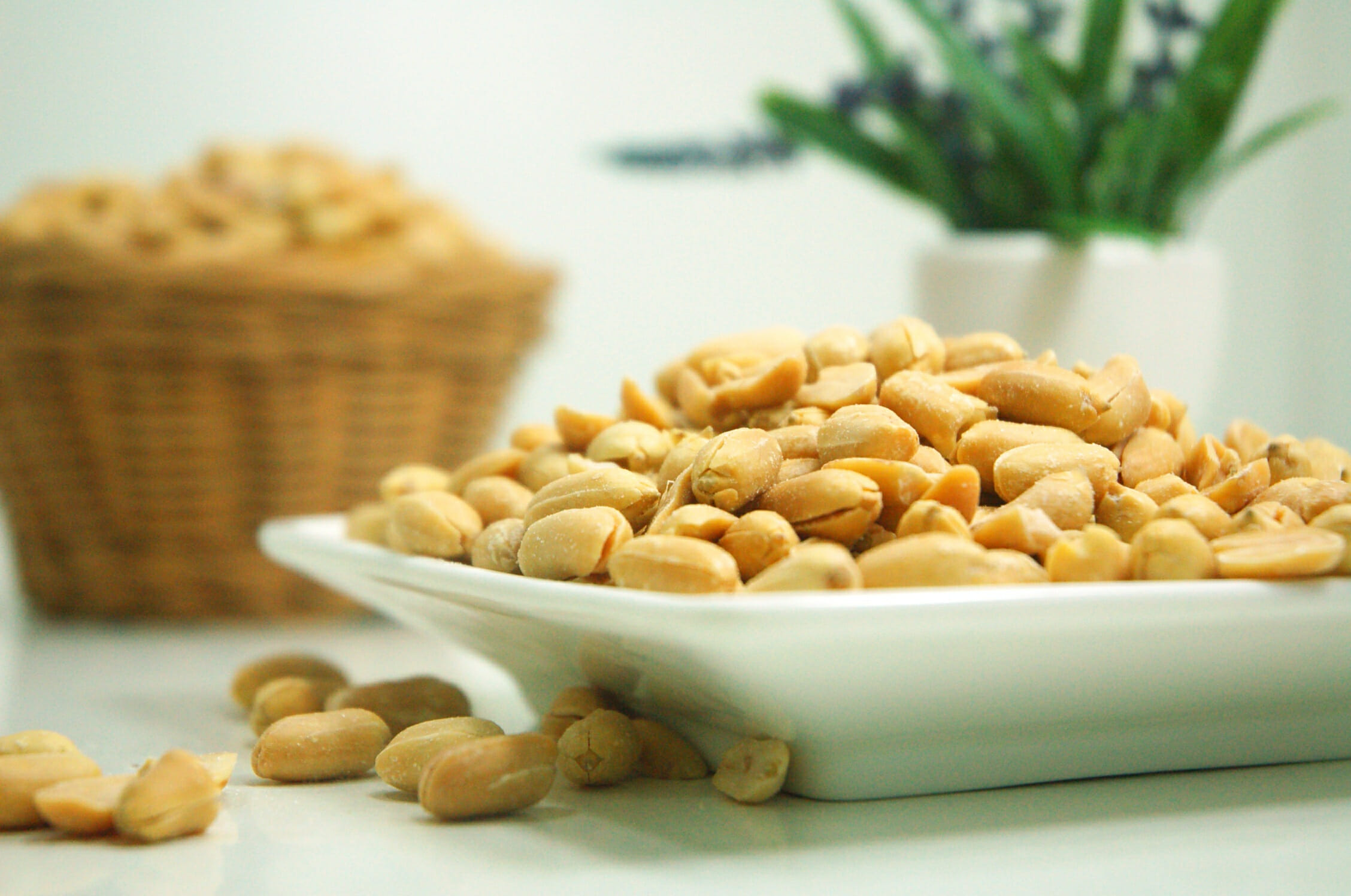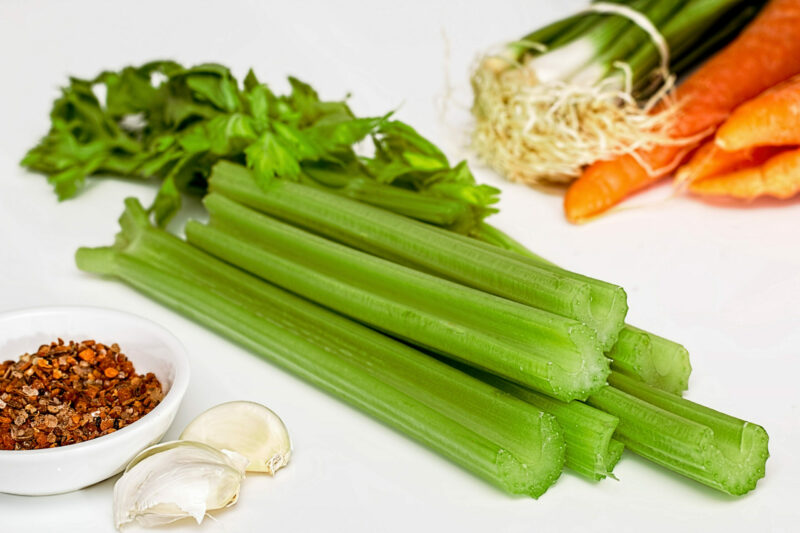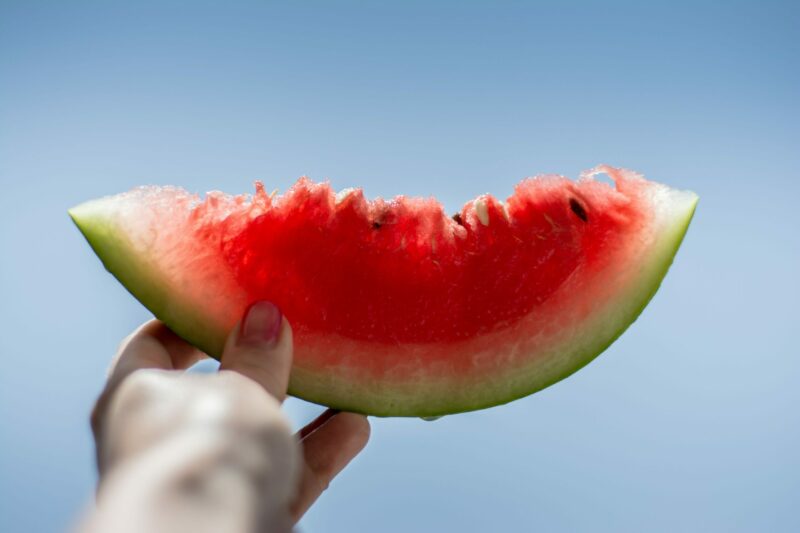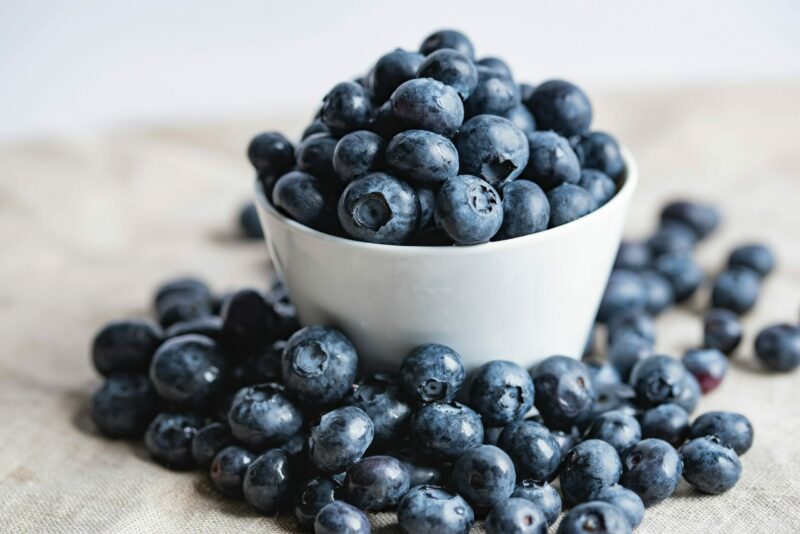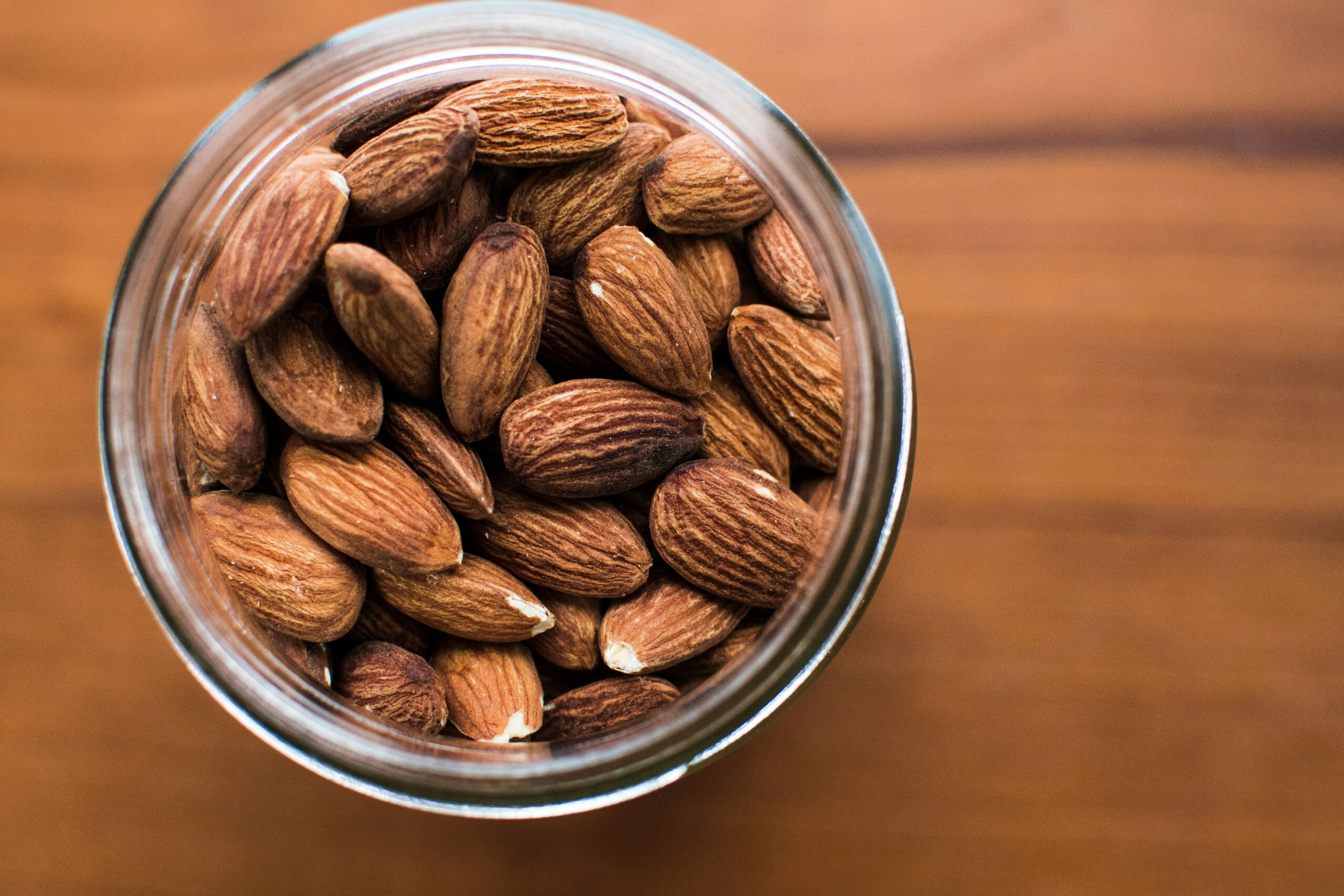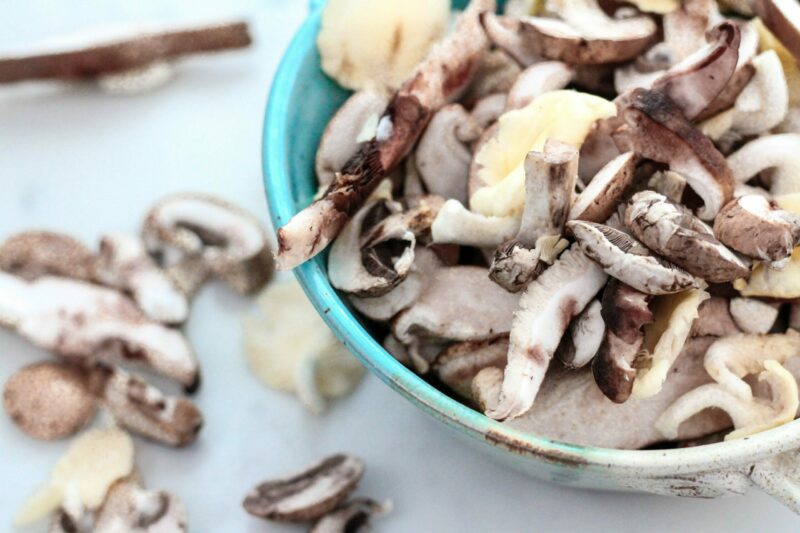The short answer: Yes, but in limited quantities. The long answer: Peanuts are high in fat, making them harder for dogs to process. If your dog eats too many peanuts, it may develop into pancreatitis—a disease that results in painful, inflamed pancreas. How to feed peanuts to your dog: You can give them raw, or… Continue reading Can Dogs Eat Peanuts?
Category: Dog Food
Find out which human foods are right or wrong for your best friend.
Can Dogs Eat Celery?
The short answer: Yes, but in limited quantities. The long answer: Celery is a low-calorie vegetable that can be fed to your dog as a treat. However, due to the stringy consistency of celery, your dog may end up with stringy feces that’ll be difficult for him to pass. Too much of it may also… Continue reading Can Dogs Eat Celery?
Can Dogs Eat Eggs?
The short answer: Yes and no. The long answer: Dogs can eat cooked eggs for some excellent protein fix. Eggs are even known to help settle nervous, queasy stomachs. However, raw eggs contain avidin and conalbumin, which can lead to skin or hair coat problems or introduce deadly bacteria when consumed (and there’s always the… Continue reading Can Dogs Eat Eggs?
Can Dogs Eat Oranges?
The short answer: Yes, but only in moderation. The long answer: Your dog will benefit from eating oranges because of the high vitamin C content that’s great for his immune system. Be sure to offer your little pooch oranges in moderation (keep that sugar intake in check!) and without the seeds or rind. How to… Continue reading Can Dogs Eat Oranges?
Can Dogs Eat Tomatoes?
The short answer: Yes and no. The long answer: Ripe and unprocessed tomatoes can be eaten by your dog, but he shouldn’t be fed the leaves, stems, or raw fruit because of a toxin called solanine. If high amounts of this toxin is ingested, it can result in gastrointestinal upset, increased heart rate, and/or loss… Continue reading Can Dogs Eat Tomatoes?
Can Dogs Eat Watermelon?
The short answer: Yes. The long answer: More than just being a refreshing summer treat, watermelon contains antioxidants and nutrients that help destroy free radicals found in your dog’s body. Compared to any other fruit or vegetable, it has the highest amount of lycopene which helps against cell damage. How to feed watermelon to your… Continue reading Can Dogs Eat Watermelon?
Can Dogs Eat Blueberries?
The short answer: Yes. The long answer: Blueberries are packed with nutrients, antioxidants, and vitamins such as manganese, fiber, vitamin C, and vitamin K. Low in sugar, this superfood is a welcome addition to your dog’s diet, helping improve his overall health. How to feed blueberries to your dog: Wash them properly and take out… Continue reading Can Dogs Eat Blueberries?
Can Dogs Eat Almonds?
The short answer: No. The long answer: Though almonds are not lethal to dogs, they can create a variety of problems when eaten. For one, they can be an obstruction hazard to your dog’s esophagus or windpipe if he swallows it whole. Since almonds are known to have high fat content, another problem that could… Continue reading Can Dogs Eat Almonds?
Can Dogs Eat Mushrooms?
The short answer: No. The long answer: Store-bought mushrooms that are safe for human consumption are generally okay for dogs to eat. However, since people usually serve these mushrooms in rich sauce or combined with oils and herbs, it’s best not to share them with your four-legged friend whose stomach may not handle these other… Continue reading Can Dogs Eat Mushrooms?
Can Dogs Eat Cheese?
The short answer: Yes. The long answer: Dogs are allowed to eat cheese as long as they don’t display symptoms of lactose intolerance. Before regularly giving him these cheesy treats, let him nibble a small piece and observe how his body reacts to it. If he becomes gassy, vomits, or has the runs, it may… Continue reading Can Dogs Eat Cheese?

